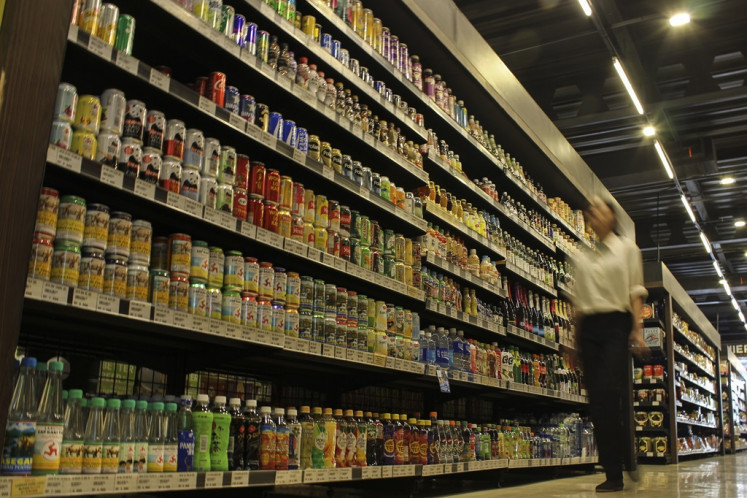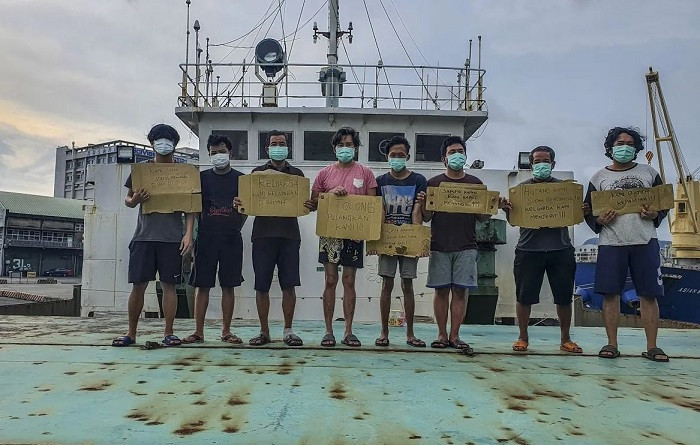Popular Reads
Top Results
Can't find what you're looking for?
View all search resultsPopular Reads
Top Results
Can't find what you're looking for?
View all search resultsNo more special concessions for Freeport
There are two reasons why mining companies including Freeport McMoRan stubbornly try to obtain preferential fiscal treatment and favor a stable tax regime.
Change text size
Gift Premium Articles
to Anyone
T
oday, we see that the dispute between the government and Freeport McMoran over contractual arrangements has mainly focused on unsettled tax concessions.
This little piece will analyze why taxation is a hotspot in every dispute between giant mining companies and governments in extractive industries and why there has been so much drama and scandal.
There are two reasons why mining companies including Freeport McMoRan stubbornly try to obtain preferential fiscal treatment and favor a stable tax regime.
First, it is because setting tax terms stability in contractual arrangements is the first step and a legal way for a company to avoid taxes and maximize its profit. Under its contract of work (CoW), Freeport enjoys preferential treatment in several ways, such as tax stability throughout the life of the project until the end of the contract.
The company enjoys a lower percentage of mineral tax such as 1 percent for gold, 3.75 percent for copper, an exemption for export tax, the waiving of import duty on capital goods and other incentives. Such a special package is lower than the percentage in the provision under the Indonesian mineral and coal law.
Secondly, looking specifically at the basis of taxation, many corporations commonly prefer to choose profit-based taxation — mainly through corporate income tax, rather than production-based taxation.
In this scheme, a corporation receives more opportunity and gets an easier way to carry out tax evasion and tax avoidance — mainly through transfer mispricing. In contrast, there is a disadvantage for producing countries because of the lack of monitoring of the volume and record of the company’s actual profits. Although, Freeport’s corporate income tax is 35 percent or higher than the 25 percent required by the Indonesian Income Tax Law, it is still difficult to conclude that the profit based taxation is better for Indonesia rather than production-based taxation.


















